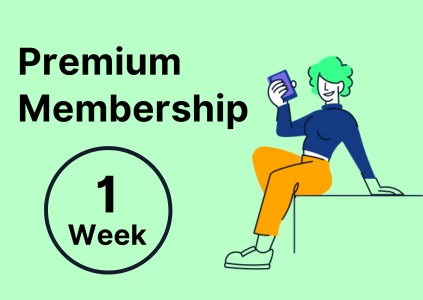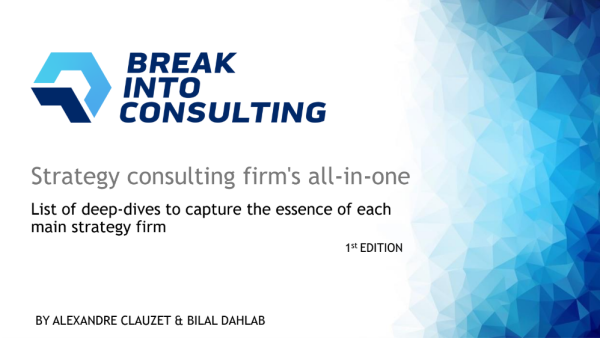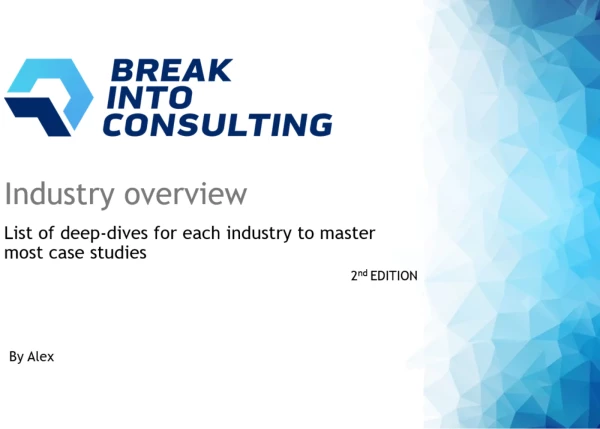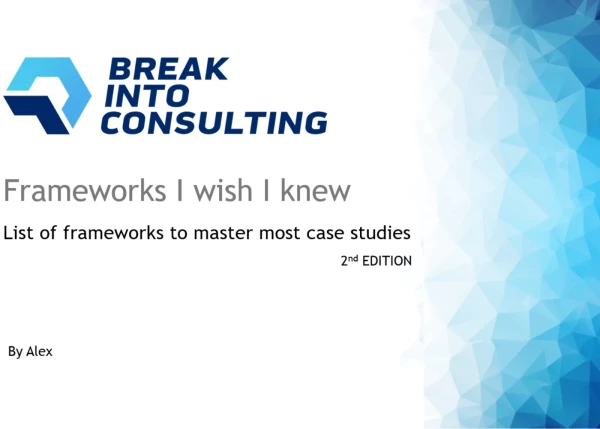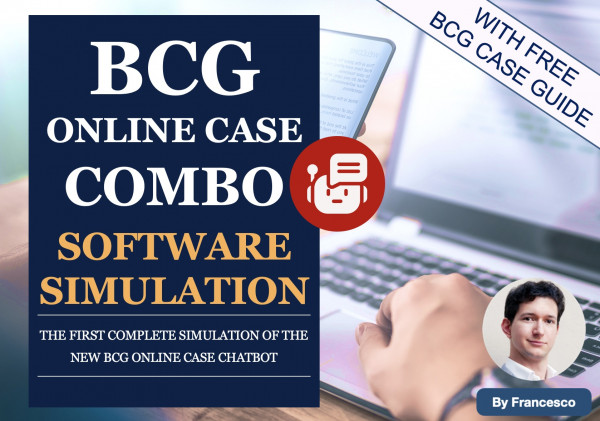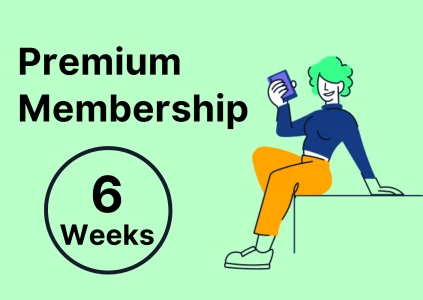Hi experts,
In Bain and BCG style interviews (interviewee-led), what are the aspects that make a case challenging? Where do candidates fail the most during a case?
For me, the part that's most challenging is after the structure in an interviewee-led interview, when you are supposed to drive the case as I often get stuck. Any advice on how to overcome that?




